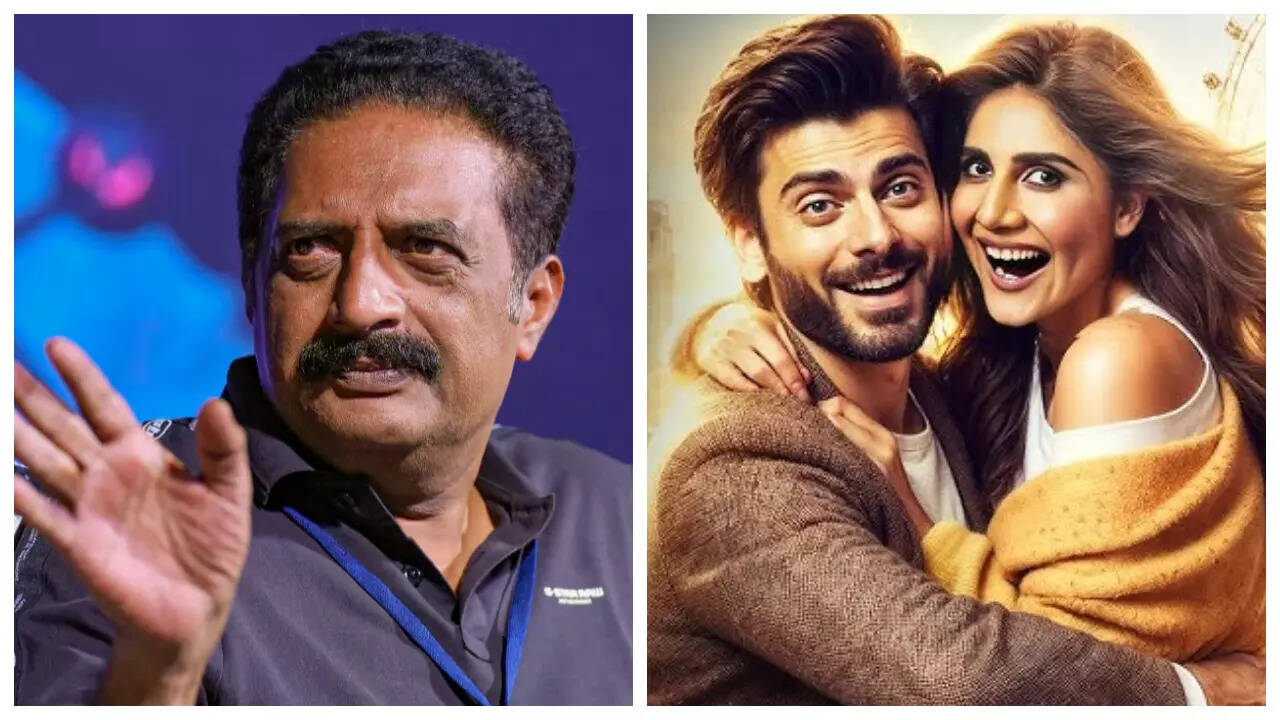In a recent interview, veteran actor Prakash Raj voiced his strong opposition to the growing trend of film bans in India, particularly focusing on the ban of the romantic drama Abir Gulaal, starring Pakistani actor Fawad Khan. Raj argues that films should not be banned based on ideological differences, stating that it is ultimately up to the public to decide whether a film deserves attention or not.
1. The Right to Choose: Let the Audience Decide

Prakash Raj firmly believes that the decision to watch or avoid a film should rest with the audience. He highlights that the government and other authorities should not impose bans on films unless the content is illegal or harmful, such as pornography or child abuse. According to Raj, thought-provoking films, even if they are politically charged or controversial, should be left to the people to evaluate. You can read more about the debate on film censorship in India in our previous post.
2. Censorship Creates Fear in Society
One of Raj’s main concerns is that the government’s involvement in censoring films is contributing to a climate of fear. He points to several examples, including Padmaavat (2018) and Pathaan (2023), where public sentiments were hurt over perceived distortions of history and controversial content. Raj argues that this creates unnecessary divisions and fear within the society, fueling conflicts that could be avoided. For more on the political influence in Indian cinema, read our detailed analysis.

3. The Dangerous Precedent Set by Bans
Raj also warns that the growing trend of film bans could result in self-censorship in the industry. He cites the case of L2: Empuraan, which, despite receiving a certificate from the Central Board of Film Certification (CBFC), was altered after objections were raised over its depiction of the 2002 Gujarat violence. This example, according to Raj, highlights how pressure groups and government powers are influencing what content gets made in India.
4. Political Influence on Cinema
In his interview, Raj spoke about the way powerful political groups influence which films are allowed to be released. He pointed out that the current government, led by the BJP, has been particularly intolerant of films that question its policies or narratives. However, Raj noted that this trend has been consistent across various governments, with any ruling party using its influence to suppress dissenting voices in cinema.

5. The Need for Open Discourse in Cinema
Ultimately, Raj advocates for a free and open discourse in the Indian film industry. He stresses that filmmakers and actors should have the freedom to create content that challenges societal norms or offers alternative perspectives. According to him, this is essential for a thriving democracy and creative expression.
Conclusion: Let Films Be Judged by the Public
Prakash Raj’s stance on film bans is clear: let the public decide whether a film is worth watching. He calls for an end to government-imposed restrictions on creative expression and warns that censorship and bans will only stifle the cultural and intellectual growth of Indian cinema. As Raj aptly puts it, the government’s support of bans only helps to create a climate of fear that will ultimately harm the film industry and society at large.
What do you think about the banning of films in India? Should the audience have the ultimate say in what they watch? Share your thoughts in the comments below.
For more information on India’s film censorship issues, check out this detailed article on Film Censorship in India.
For insights into political influences on cinema, visit Political Influence in Indian Cinema.